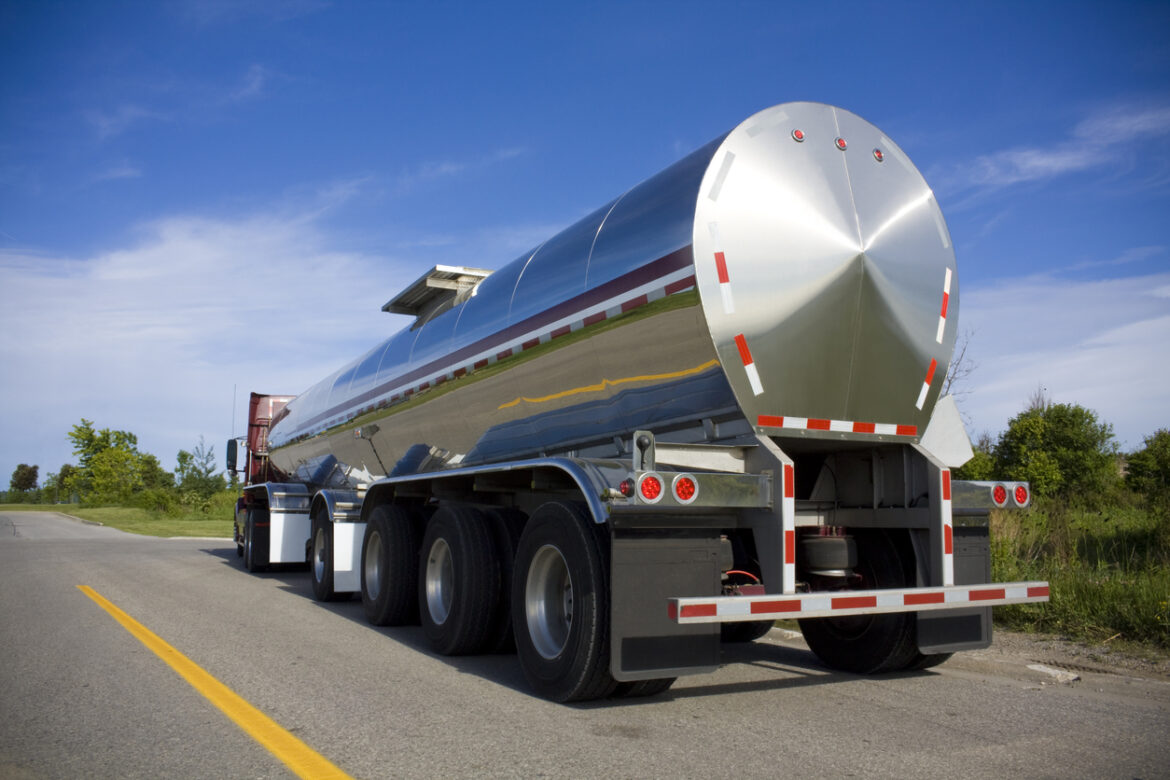
Supply Chain Logistics Part 1: Fuel Procurement, Contracts & Allocation
Utility trucks, garbage collectors, school buses, police cruisers—public sector vehicles are as critical to a municipality’s infrastructure operations as they are to emergency preparation and response. The agencies overseeing these fleets are charged with keeping things rolling smoothly in their territory whether in a small town or a major city, suburban community, or rural hamlet.
In an emergency, such as an adverse weather event, public works professionals are on the frontlines, clearing roadways, assessing damage, and restoring utilities. They can be found managing emergency traffic to let first responders into an area, or evacuees out. Even after the storm clouds have cleared, municipal workers continue with cleanup and service recovery, sometimes for months. In the year following Hurricane Katrina, for example, public infrastructure projects in Alabama, Mississippi and Louisiana totaled over $4.8 Billion, with fleets of vehicles playing a crucial role.
Yet, despite the critical work carried out by public sector agencies, they are continuously challenged to function at peak level with ever-fluctuating budgets, influenced by economic shifts, political changes, emergencies, and policy decisions. Changing fuel costs and labor shortages are constant hurdles, while bureaucratic hoops make it difficult to quickly procure new or necessary equipment. Larger public agencies also carry the responsibility of adhering to compliance regulations if they manage or store fuel, and incur the cost of leased vehicles, as owning fleets isn’t always practical.
Optimize fuel supply = Maximize budgets
Municipal agencies are literally charged with the protection and preservation of life and property. To deliver the necessary services while adhering to fickle government funding is a complicated balance involving many pressing responsibilities. While fuel is only one part of the equation, optimizing this critical element can have far reaching benefits.
Integrating fuel management technology empowers public sector agencies with the data analytics and automation needed to:
Overall, automation software helps public fleet managers increase fuel efficiency, lower running costs, better utilize their vehicles, and maximize resources to ensure the best value for public money.
To learn how Titan Cloud can help you better manage your public vehicle fleet’s fuel needs, speak with one of our solutions consultants today.
